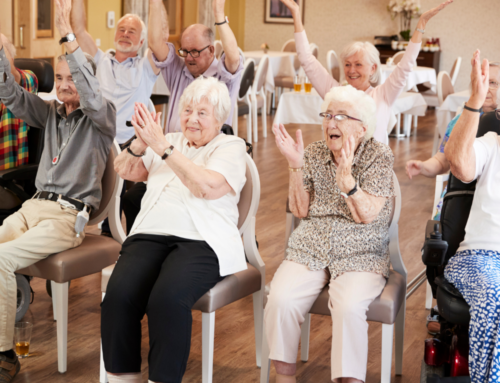Share This Story!
TBI And Urinary Incontinence
Atraumatic brain injury (TBI) is an injury that affects how the brain works. TBI is a significant cause of death and disability, affecting over 60,000 Americans every year. Survivors of a TBI can suffer milt to severe perceptual symptoms. Some can also experience difficult physical conditions like urinary incontinence. Urinary incontinence is a bladder dysfunction that causes the uncontrollable leakage of urine. The situation is embarrassing and can affect social life but is treatable with the right therapy.
Incontinence After Brain Injury
With the correct management and training, most patients can improve incontinence after brain injury. Within the brainstem is the pons, a specialized area that serves as a central relay center between the brain and the bladder. The pons is responsible for keeping the urinary sphincters and the bladder working in sync. Incontinence after a brain injury typically occurs because the connection between the bladder and the brain is disrupted. As a result, the brain and the bladder constantly communicate to ensure that we only urinate when appropriate.
Retraining the Bladder
Bladder retraining exercises help the brain to hold back the urge to release urine, activating the brain’s adaptive healing mechanism. Task-specific repetition is essential for promoting neuroplasticity, meaning only regular retraining will achieve results. Here are some steps patients can take for retraining:
- First, schedule hourly or bi-hourly bathroom visits.
- Then, while on the toilet, try to hold back for 10 seconds before relieving the urine.
- Gradually increase the length of time between bathroom breaks.
- Between each interval, gradually increase beyond the 10-second mark.
- Training takes 6 weeks for improvement and at least 12 weeks to accomplish long-term changes. Don’t be discouraged by setbacks, as there will be good and bad days. With time and patience, retraining after TBI is possible.
Self Help Tips to Relieve Symptoms
Training the bladder alone may not be enough for some patients, and these self-help tips can significantly improve the success of therapy. First, a diet with fiber keeps the bladder healthy and reduces mishaps. Staying hydrated may sound counterproductive, but the excess water trains the bladder to hold more urine. Other helpful tips include reducing caffeine and alcohol, daily pelvic floor exercise, and avoiding heavy lifting. Consult a urologist for medication, counseling, and even surgery when all else fails.
A better bladder after TBI
Regardless of age, TBI patients can regain some bladder control. A training program that consists of urinating on schedule helps with management. Gradually increasing the length of time improves the strength of the muscles. With time, training can lessen or even prevent urinary incontinence after a brain injury. Bladder training is low-cost and low-risk, so doctors will encourage patients to try this first before specific diagnostic tests, medication, or surgery.





